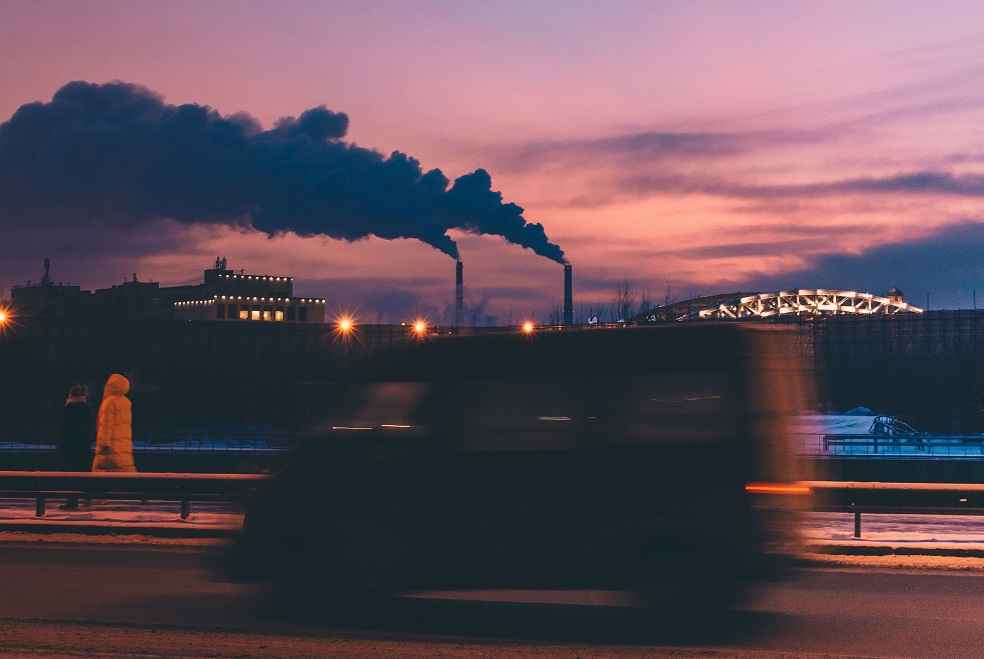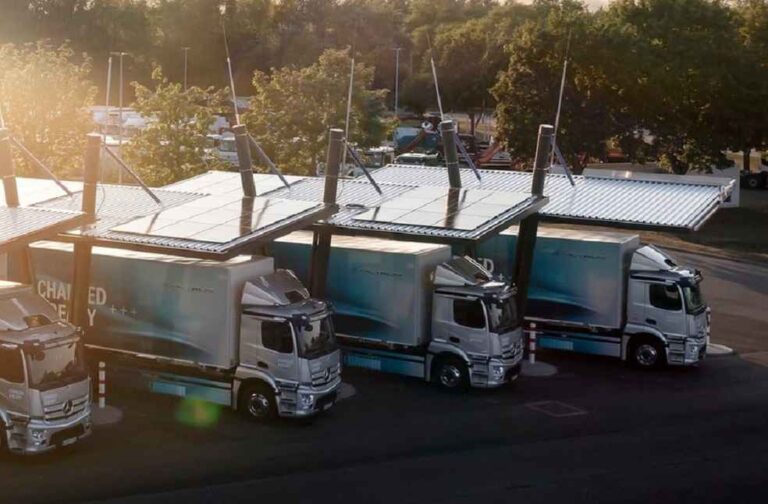As Europe strives to meet its climate goals while maintaining global competitiveness, Daimler Truck is pointing to hydrogen as a vital part of the continent’s sustainable transport strategy. Marking Germany’s ‘Hydrogen Week,’ the company has published an article by Dr. Andreas Gorbach, Head of Truck Technology and Member of the Board of Management, highlighting hydrogen’s indispensable role in the decarbonization of road freight.
Dr. Gorbach emphasizes that achieving climate neutrality in transport should not be a binary choice between battery-electric or hydrogen technologies. Instead, he advocates for a dual-track approach that develops both electric charging and hydrogen refuelling infrastructures in parallel. According to him, this combined strategy can accelerate the decarbonization of transport more efficiently and at a lower overall cost.

“Those who want to lead the transport of the future do not rely on either-or, but on batteries AND hydrogen,” Gorbach stated. He added that Europe still has a historic opportunity to lead in hydrogen and fuel cell technologies, an opportunity that hinges on political commitment and action.
Gorbach explains that the focus must go beyond technical efficiency. The broader economic, environmental, and infrastructural impact on Europe, particularly on trucks and buses, must be considered. He argues that developing both charging and hydrogen infrastructures together could prove more cost-effective than relying on just one.

Daimler Truck is already implementing this vision. The company has 11 battery-electric trucks in series production and is expanding its hydrogen portfolio. Five transport companies are currently testing prototype units of the Mercedes-Benz GenH2 Truck, powered by hydrogen fuel cells. The next generation of fuel cell trucks is in development, with 100 vehicles expected to enter customer trials by the end of 2026.
These trucks are powered by fuel cells developed by Cellcentric, a joint venture between Daimler Truck and Volvo Group. Cellcentric also plans to construct one of Europe’s largest fuel cell production facilities in Weilheim an der Teck, South Germany, further reinforcing the continent’s hydrogen ambitions.
GENERAL | Renault, VW, Skoda Struggle to Lift Sales in India





